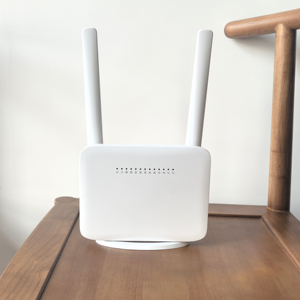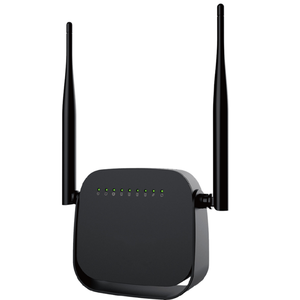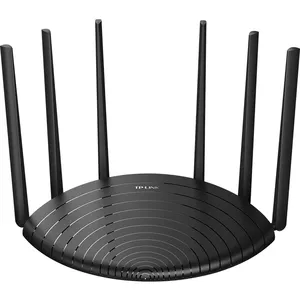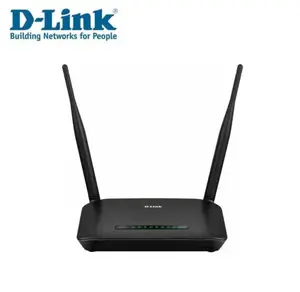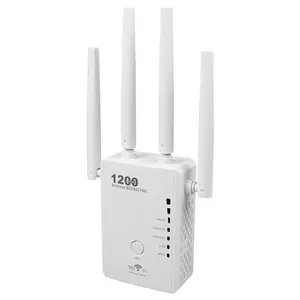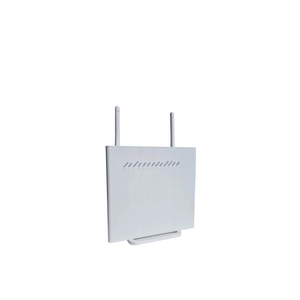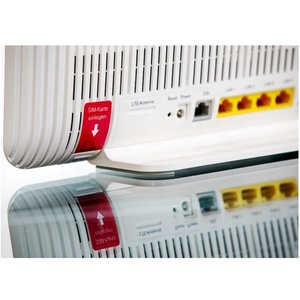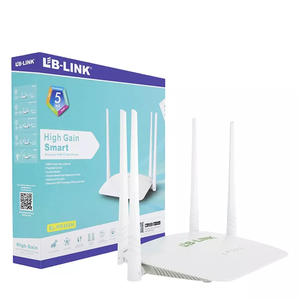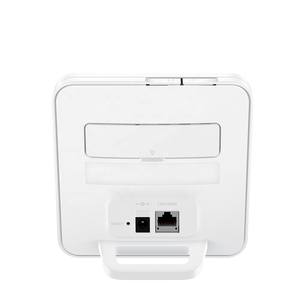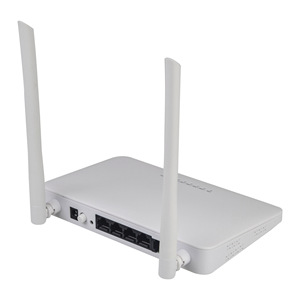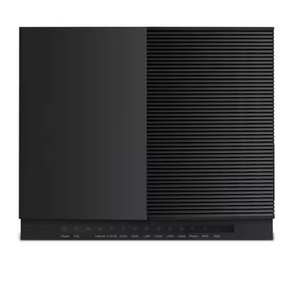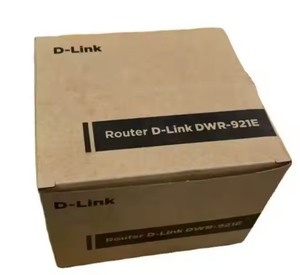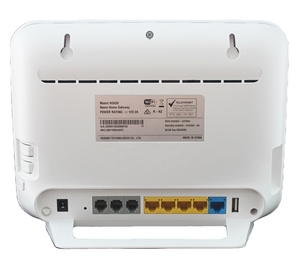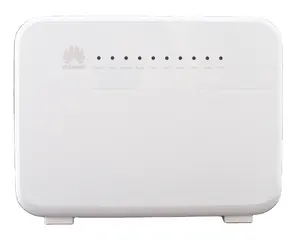Dsl Router





 1/15
1/15



 1/3
1/3

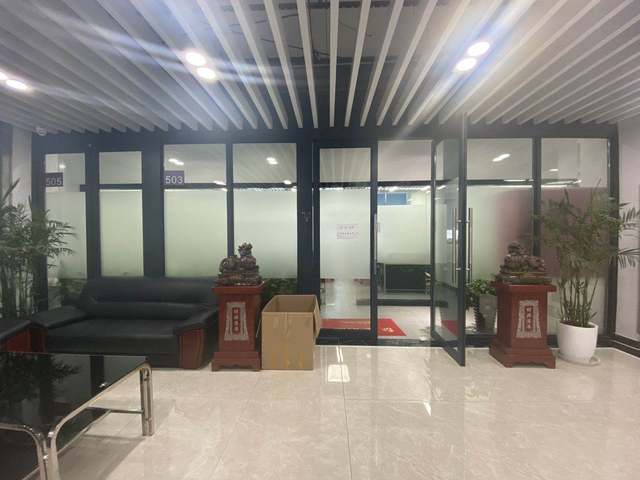

 1/2
1/2

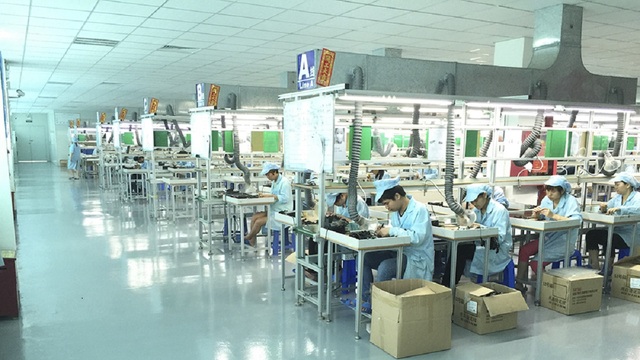

 1/3
1/3


 0
0



 1/3
1/3

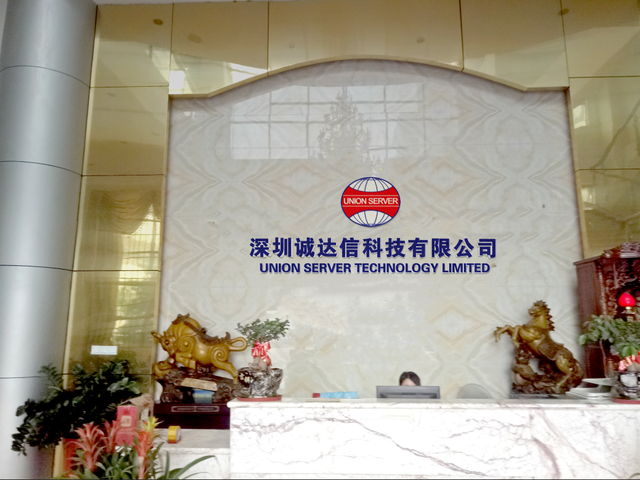

 1/3
1/3



 1/2
1/2



 1/3
1/3



 1/3
1/3


 0
0



 1/3
1/3



 1/3
1/3

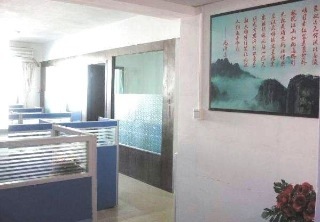
 1/1
1/1

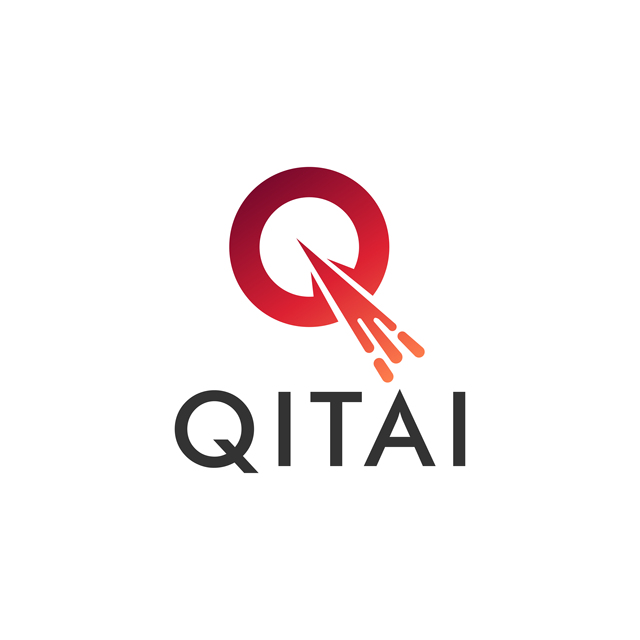

 1/3
1/3



 1/3
1/3

 CN
CN

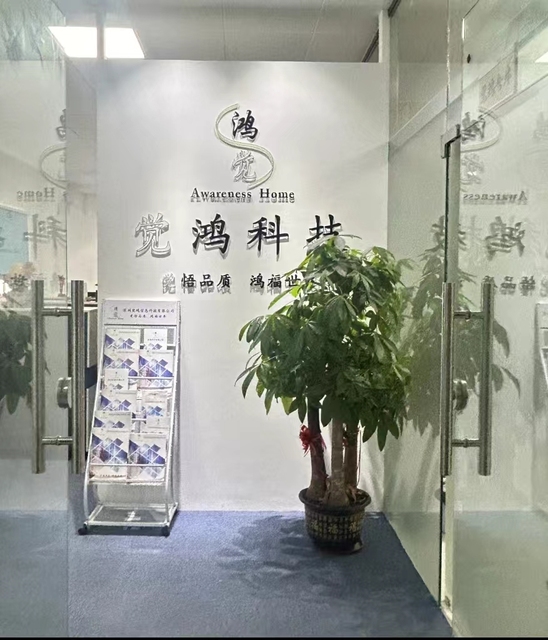

 1/3
1/3





 1/6
1/6



 1/3
1/3

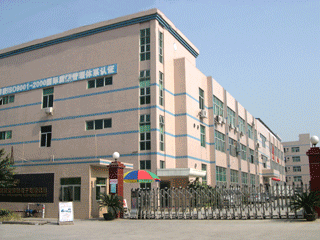
 1/1
1/1
About dsl router
Where to Find DSL Router Suppliers?
China remains the central hub for DSL router manufacturing, with key production clusters concentrated in Shenzhen and Yiwu. These regions host vertically integrated supply chains encompassing chipset sourcing, PCB assembly, firmware integration, and final testing—enabling rapid prototyping and high-volume output. Shenzhen-based suppliers benefit from proximity to semiconductor distributors and contract manufacturers, reducing component lead times by 20–30% compared to external markets.
The industrial ecosystem supports both standardized and customized production models. Suppliers typically operate automated SMT lines alongside manual QC stations, achieving monthly outputs ranging from 50,000 to over 500,000 units depending on facility scale. Localized access to Wi-Fi modules, power adapters, and plastic enclosures allows for cost-efficient bundling and packaging variations. Buyers can expect MOQs as low as 1 unit for stock items and scalable options up to 3,000+ pieces for bulk orders, with average production lead times of 15–25 days post-design approval.
How to Choose DSL Router Suppliers?
Effective supplier selection requires a structured evaluation across technical, operational, and transactional dimensions:
Technical & Functional Validation
Confirm support for required standards: ADSL2+, VDSL2, Wi-Fi N/AC, and dual-band operation where applicable. For advanced deployments, verify compatibility with VoIP, firewall, mesh networking, or SIM card integration. Suppliers offering Wi-Fi 6E or gigabit routing should provide firmware documentation and interoperability test reports.
Production and Customization Capacity
Assess capabilities through the following indicators:
- Minimum factory area of 1,000m² with dedicated R&D or engineering teams
- In-house capabilities in PCB design, firmware modification, labeling, and packaging customization
- Support for private labeling, color variation, regional certification marking (e.g., CE, FCC, RoHS)
- Ability to modify hardware configurations such as antenna count, port layout, or power supply specs
Cross-reference stated capabilities with product listings showing multiple variants under the same model line, indicating flexible tooling and version control.
Quality Assurance and Transaction Reliability
Prioritize suppliers with documented quality control processes. While formal ISO 9001 certification is not universally listed, consistent on-time delivery rates above 90% and response times under 5 hours signal operational discipline. Use platform-verified metrics such as reorder rate and dispute history to assess reliability. For large-volume contracts, request sample batches to evaluate build quality, signal performance, and thermal stability before full-scale procurement.
What Are the Best DSL Router Suppliers?
| Company Name | Location | Main Products | Online Revenue | On-Time Delivery | Avg. Response | Reorder Rate | MOQ Range | Price Range (USD) |
|---|---|---|---|---|---|---|---|---|
| Shenzhen Zexing Zhiyun Technology Co., Ltd. | Shenzhen, CN | Dual-band, VDSL, Wi-Fi 6E, LTE CPE | US $50,000+ | 100% | ≤16h | <15% | 1–1000 sets | $11.50–47.50 |
| Shenzhen Hooolink Technology Co., Limited | Shenzhen, CN | VDSL, Wi-Fi 6, Modems, Switches | US $170,000+ | 100% | ≤4h | 26% | 100–1000 pcs | $12.36–38.00 |
| Yiwu Jujiu Digital Technology Co., Ltd. | Yiwu, CN | TP-Link/Tenda-compatible routers, Repeaters | US $90,000+ | 92% | ≤4h | 15% | 1–2 pcs | $8.00–24.50 |
| Shenzhen Qishun Technology Co., Ltd. | Shenzhen, CN | ADSL/VDSL, D-Link clones, Modems | US $20,000+ | 90% | ≤5h | <15% | 100–3000 pcs | $12.50–19.00 |
| Shenzhen Livinet Technology Co., Ltd. | Shenzhen, CN | Budget DSL, GPON, VPN routers | US $1,000+ | 73% | ≤2h | <15% | 1 pc | $11.80–15.30 |
Performance Analysis
Shenzhen Hooolink leads in responsiveness and reorder volume, combining sub-4-hour replies with a 26% repeat order rate—indicating strong customer satisfaction. Shenzhen Zexing Zhiyun offers the broadest technical range, including LTE CPE and Wi-Fi 6E models, though its higher response time may affect urgent negotiations. Yiwu Jujiu stands out for low-MOQ flexibility, catering to small distributors or testing phases with single-unit availability. Shenzhen Qishun provides competitive pricing for standard ADSL/VDSL units at scale, while Livinet targets budget-sensitive buyers despite lower on-time delivery performance. Suppliers in Shenzhen collectively dominate in product diversity and export readiness, whereas Yiwu-based vendors emphasize accessibility and low entry barriers.
FAQs
How to verify DSL router supplier reliability?
Evaluate verified metrics including on-time delivery rate, response time, and transaction volume. Request product certifications (CE, FCC, RoHS) and validate compliance through third-party inspection services if ordering in bulk. Review customer feedback focusing on firmware stability, after-sales support, and packaging accuracy.
What is the typical sampling timeline for DSL routers?
Standard samples ship within 5–7 days for in-stock models. Customized units with logo printing, firmware tweaks, or unique packaging require 10–15 days. Air freight adds 7–10 days for international delivery.
Can suppliers accommodate custom firmware or branding?
Yes, many suppliers offer OEM/ODM services including bootloader customization, UI localization, MAC address pre-configuration, and branded packaging. Minimum volumes vary: logo labeling starts at 100 units, while full hardware redesigns may require 1,000+ units.
What are common MOQ and pricing structures?
MOQ ranges from 1 piece for retail-grade models to 1,000+ units for optimized pricing. Entry-level ADSL routers start at $8–$12, mid-tier dual-band VDSL units range from $20–$30, and advanced Wi-Fi 6 or LTE-enabled CPEs reach $35–$45. Price breaks typically apply at 500 and 1,000-unit thresholds.
How to manage logistics and import compliance?
Most suppliers support FOB Shenzhen or express shipping (DHL, FedEx). Confirm whether routers include power adapters compliant with destination-market voltage and plug standards. For regulated markets, ensure products carry necessary EMC and radio frequency certifications prior to shipment.



